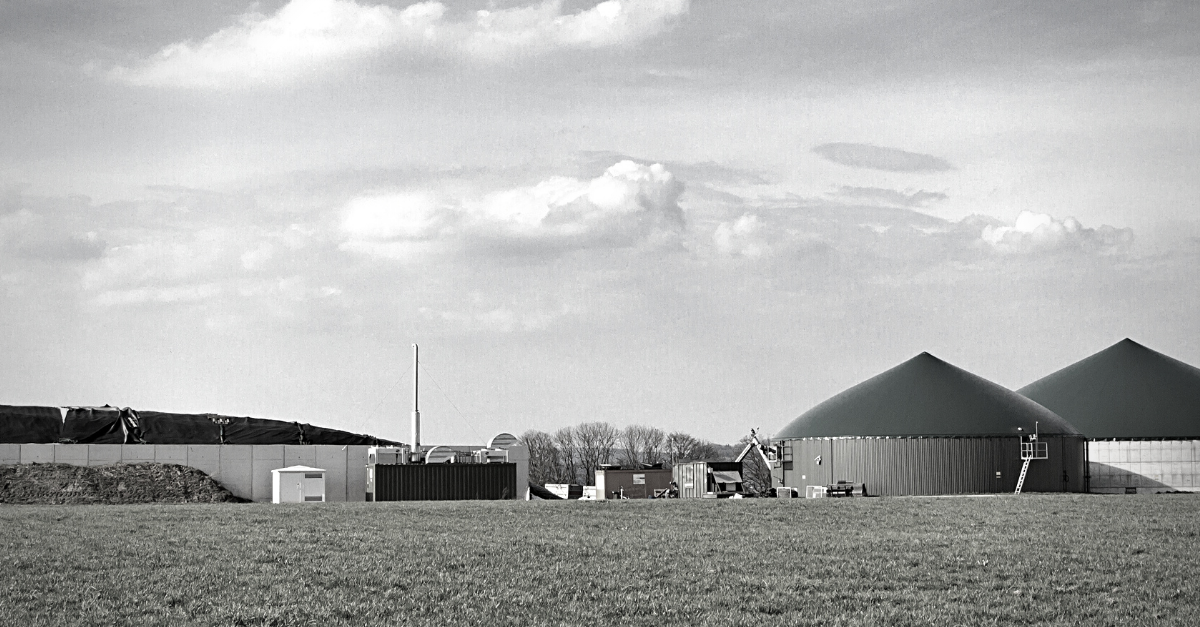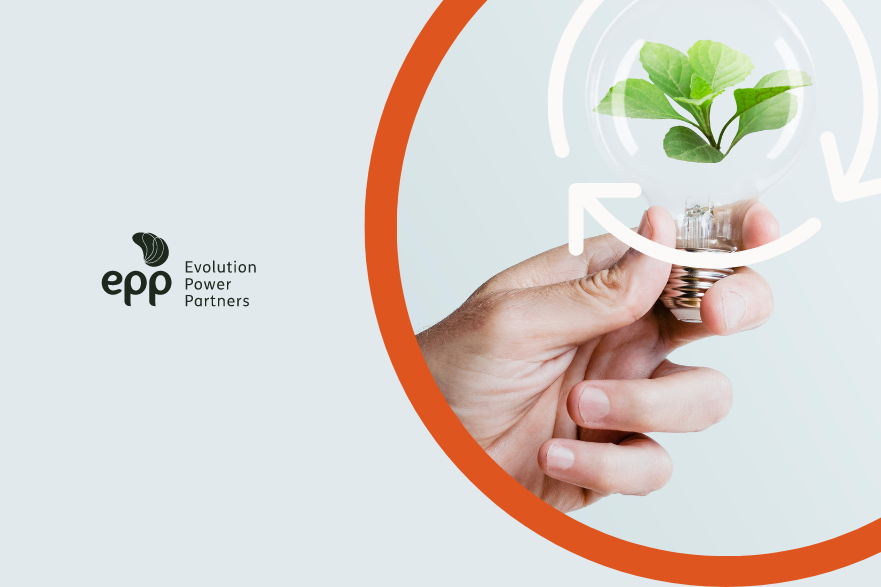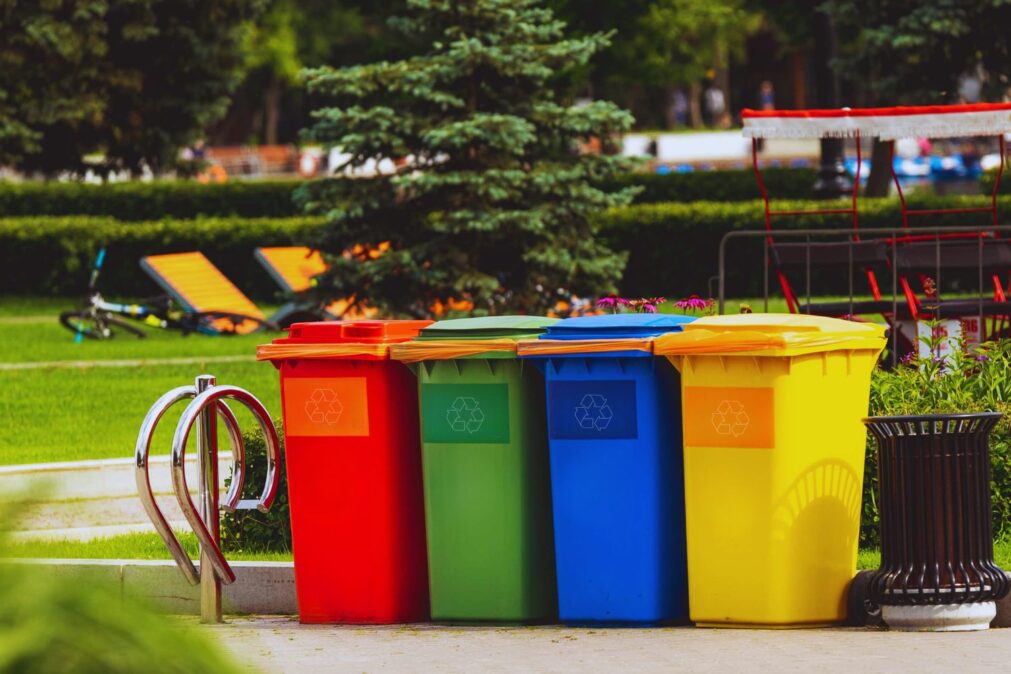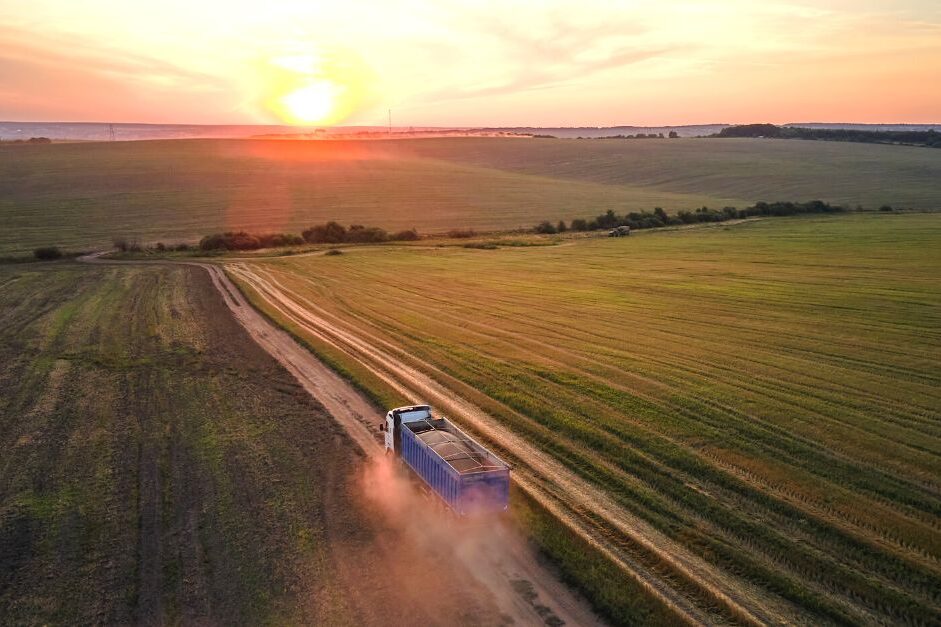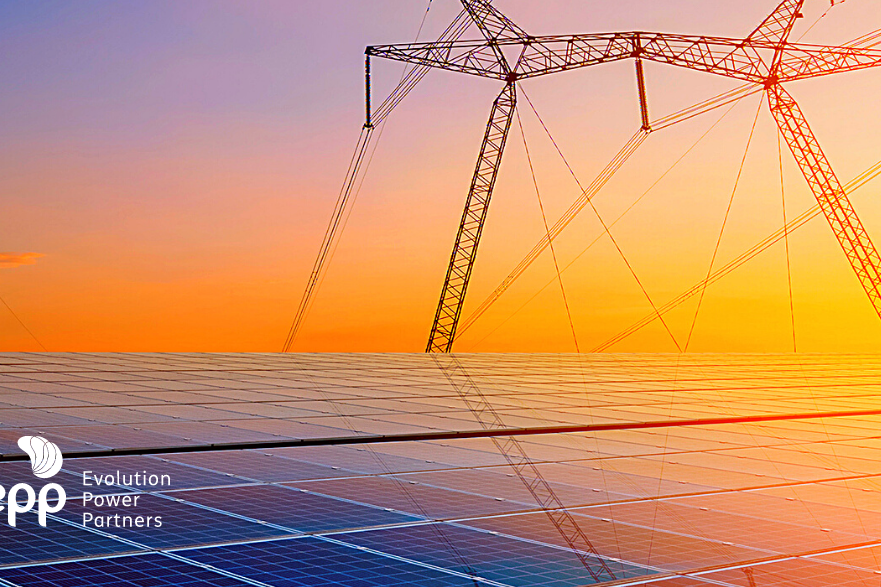Regulatory improvements should boost the biogas and biomethane market in Brazil. Understand.
As there is no exclusive regulation for biogas and biomethane, historically, the Brazilian regulations that govern these markets have more connection with other fuels, such as ethanol and biodiesel than with natural gas. This occurred because the laws that dealt with gas dealt only with natural gas of fossil origin, excluding other sources.
However, this scenario began to change. With the approval of the Gas Law (14,134/2021) and its regulatory decree (Decree 10,712/2021), biogas and biomethane came under this law. Even if they are not considered natural gas, by adhering to the specifications of the National Petroleum, Natural Gas and Biofuels Agency (ANP), they can receive treatment equivalent to natural gas.
Thus, companies and investors in the sector believe that biogas and biomethane should be developed due to debates and interest from public authorities and the production chain.
The growth of the biogas and biomethane market
The Brazilian Center for Infrastructure (CBIE) calculated that the use of all biomethane production potential in the country could represent savings of up to US$ 137 billion in ten years when replacing diesel with this option in vehicle fleets.
In 2017, according to the International Center for Renewable Energy–Biogas (CIBiogás), there were 217 biogas plants in operation in the country. In 2021, that number has already changed to 755 in operation, with a jump in production from 1.12 billion to 2.35 cubic meters.
The ANP also approved the resolution that changes the specification of biomethane from sanitary landfills and sewage treatment plants. The objective is to help the producers of this gas to be able to develop projects and expand sales.
New rules focus on biogas and biomethane
In addition to the resolutions already in force, in March 2022, the Federal Government launched a decree to help develop actions for this sector. Decree 11,003/2022, which instituted the Federal Strategy to Encourage the Sustainable Use of Biogas and Biomethane, aims to promote programs and actions to reduce methane emissions, encourage the use of biogas and biomethane as renewable sources of energy and fuel, and contribute to the fulfillment of climate commitments assumed by the country.
Within the guidelines, the text deals with incentives for the carbon market and methane credits. Aiming at the reduction agreed in the Paris Agreement. The increase in the implementation of biodigestors and biomethane production systems and the promotion of initiatives to fuel vehicles with biomethane.
In addition to federal legislation and decrees, there are also resolutions passed at the state level that help to develop the market in the states. In São Paulo, there is the Paulista Biogas Program with the objective of encouraging the participation of renewable energies in the energy matrix, as well as adding a minimum percentage of biomethane to the piped gas sold in the state.
Rio de Janeiro has a state policy for renewable natural gas which provides that piped gas distribution concessionaires are obliged to purchase all the biomethane produced in the state up to a limit of 10% of the volume of natural gas distributed by each one of them.
In 2022, Rio Grande do Sul launched a notice to encourage biogas. The text intends to formalize the rules for the creation of a public register of companies and professionals to prepare and execute technical projects based on biogas. The state executive also provides for an investment of R$ 50 million for other public notices.
However, the biggest problem for the sector is the difficulty of connecting to the gas pipeline network, which ends up preventing the transport of renewable fuel to more markets throughout Brazil. If you liked the content and want to know more about bioenergy, read the content on the blog.
